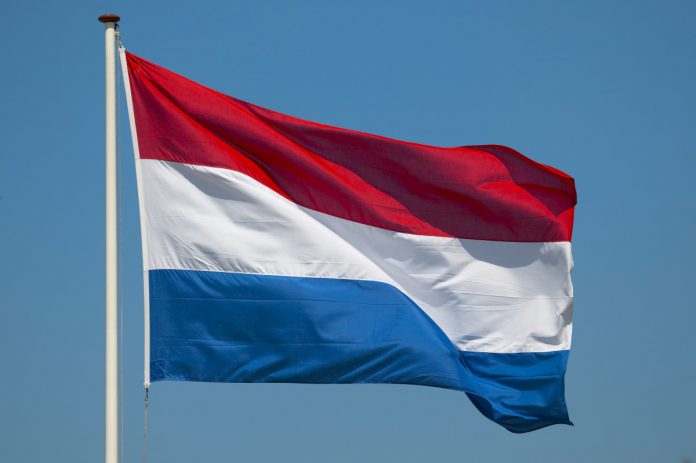Dutch gambling authority Kansspelautoriteit (KSA) has released its first guidelines on the prevention of money laundering and financing of criminal activities in the country’s gambling market.
The KSA made clear that the guide “does not replace legislation” but does aim towards the gaming providers who are supervised by the Dutch Gaming Authority and also fall within the scope of the Wwft code.
It continues by adding in order to upkeep the integrity of the Dutch gaming market and its financial systems, all businesses must abide by the Wwft regulations.
The document states: “The Wwft has as main obligation to perform customer due diligence and reporting of unusual transactions and may also provide valuable clues for investigation.”
The guidelines refer to the three stages of money laundering – placement, concealing and utilisation.
KSA informs gambling stakeholders/operators with advisions on customer screening, identification and verification processes.
It states that gaming providers should perform a “risk-based monitoring” of transactions performed by the player with a checklist including: paying attention to transactions of higher amounts, unusual patterns in transactions, matching transactions to client profiles and maintaining correspondence with the customer.
Performing identity verification on all players helps supervision of player behaviour and provides the operator opportunity to take action directly with the verified user if there’s possible signs of money laundering or other problems, such as gambling harms.
Data collected from both the verification process and transactions can be held onto for a period of up to five years to support any policing investigations.
KSA did not reveal if any of its financial will be enforced in the development of a new Remote Gambling framework, which the regulator seeks to implement by 1 July 2020.























